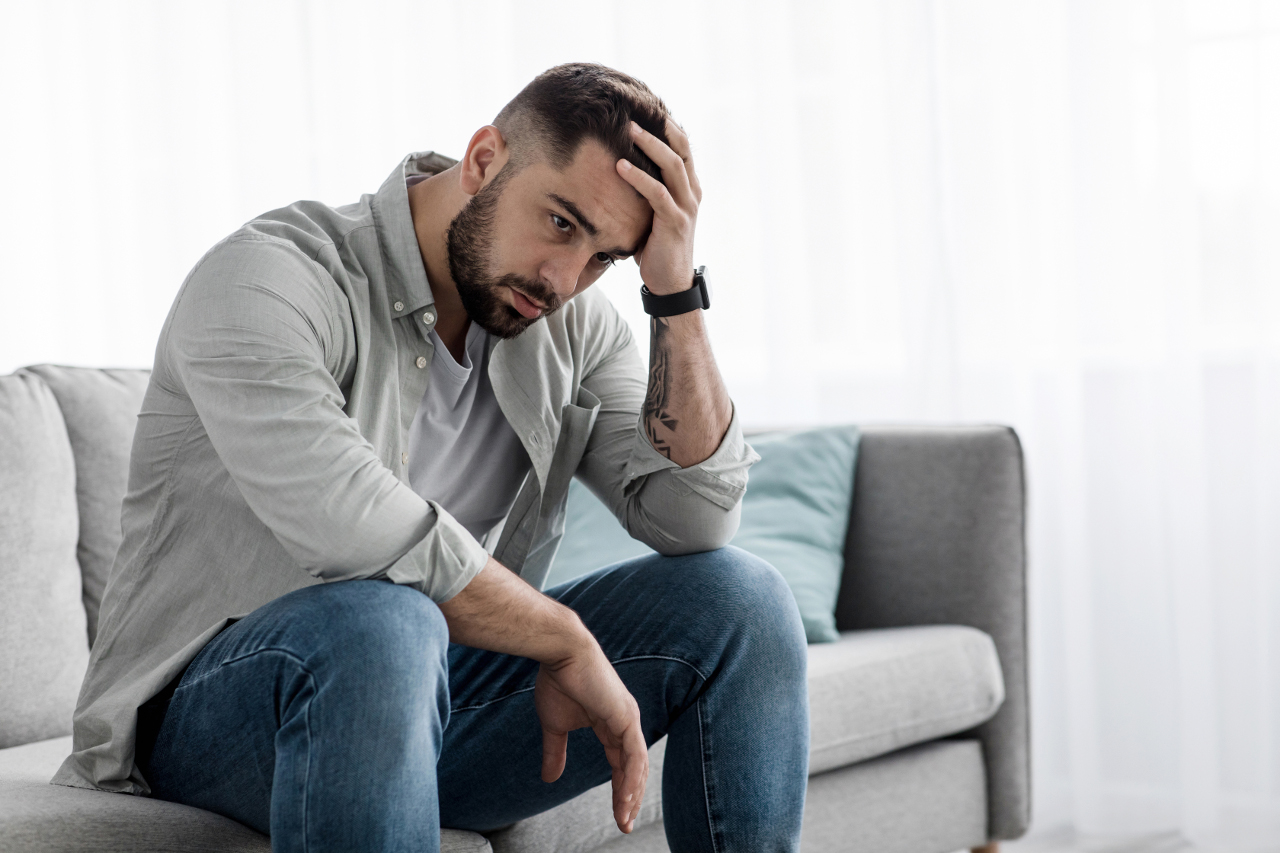
The Long-Term Effects of Living with Fears and Phobias
Are you afraid of spiders, public speaking, flying, small, confined spaces, or heights, to name only a few examples? Do you feel these phobias affect your ability to function on a day-to-day basis?
When your internal alert system is triggered by an alleged threat, what comes to the surface is our human emotion of fear. While also being an essential part of keeping us safe, fear is our basic survival mechanism signaling our bodies to respond to the alleged threat with a fight or flight response.
However, when we are living with continuous and constant fears and phobias, whether it be physical dangers in our environment or threats we perceive, we can experience negative impacts in all areas of our daily lives and even become debilitated.
How Fear Works and How Our Body Responds to Stressors
As we know, fear is the emotion that prepares us to react to a threat or danger. When we sense a potential threat, our body releases hormones that:
- Slow or shut down functions not needed for survival (i.e. our digestive system).
- Sharpen functions that may help us survive (eyesight). Heart rate increases, and blood flows to muscles so we may run faster.
To help focus on the threat and store it within our memory, our body also increases the flow of hormones to the amygdala in the brain.
There are three predictable stages our body uses to respond to stressors, which is called the general adaption syndrome:
- Alarm: First reaction to stress will recognize a threat and prepare to deal with the potential danger. Activated in the brain are the hypothalamic-pituitary-adrenal (HPA) axis and autonomic nervous system. Cortisol, adrenaline, and noradrenaline primary stress hormones are released.
- Resistance: Balance is restored through homeostasis with a period of recovery for repair and renewal. Though the stress hormones may return to normal, there may be diminished defenses and adaptive energy left.
- Exhaustion: Stress is here to stay. Our body’s ability to resist has become lost because its adaption energy is gone. Also known as overload, burnout, adrenal fatigue, maladaptation, or dysfunction.
The Long-Term Impact and Effects of Chronic Fear
If we live under constant threat, it can have serious health consequences, such as:
- Physical Health: Did you know fear can weaken our immune system? It can cause cardiovascular damage, gastrointestinal problems like ulcers and irritable bowel syndrome, and decreased fertility.
- Memory: For someone living with chronic fear, the world looks scary, with their memories to confirm it as fear impairs the formation of long-term memories and can cause damage to parts of the brain, like the hippocampus. It makes it more difficult to control fear, leaving them anxious much of the time.
- Brain processing and reactivity: The process that regulates emotions, read non-verbal cues, reflect before acting, think ethically and other information that presents to us becomes interrupted. Our thinking and decision-making become impacted negatively, making us vulnerable to intense emotions and impulsive reactions, all of which leaves us unable to act appropriately.
- Mental Health: Long-term fear can contribute to other mental health issues such as fatigue, clinical depression, and PTSD
Inherited Trauma
Can we experience fear and anxiety because of trauma we didn’t encounter ourselves?
Research is still developing, but there’s evidence in the field of epi-genetics that suggest we can inherit the impact of trauma from our ancestors through our DNA. Such as children and grandchildren of wartime survivors may have higher risk for anxiety, depression, and chronic fear.
Potential effects of chronic fear on physical health:
- Immune system dysfunction
- Endocrine system dysfunction
- Autonomic nervous system alterations
- Sleep/wake cycle disruption
- Eating disorders
- Alterations in hypothalamus-pituitary-adrenal axis
Potential effects of chronic fear on emotional health:
- Dissociation from self
- Unable to have loving feelings
- Learned helplessness
- Phobic anxiety
- Mood swings
- Obsessive-compulsive thoughts
Potential consequences of chronic fear on environmental health:
- Continued living in fear-generating situations due to uncertainty of moving out and unknown associated dangers
- Not able to find safe housing
- Afraid to leave home because of paranoia
Potential consequences of chronic fear on spiritual health:
- Bitterness/fear toward God/the Universe or others
- Confusion/disgust with God/the Universe or religion
- Waiting for God/the Universe to fix it
- Despair related to perceived loss of spirituality
Fear and Phobias and Hypnotherapy
Phobias are naturally irrational and hang on deep within our minds, which make it easier to overcome with the help of hypnotherapy.
Hypnotherapy can help treat fears and phobias with finding the root cause of the phobia and help us to react to it calmly within our subconscious mind. It helps with relaxation and to form new habits of calm and peace.
If you’d like to read more about how hypnotherapy can help with fears and phobias, check out my articles:
10 Common Fears and Phobias that Hypnotherapy Can Relieve
How Hypnotherapy Can Transform Your Fear of Flying
Parasomnias: What Are They and How Can Hypnosis Help.
Here at Healing Soul Hypnosis, I can help you break free from the long-term effects of living with chronic fear and phobias. I can answer any questions or concerns you may have regarding fears and phobias, and should you require some additional support, don’t hesitate to contact me.
Creative Commons Attribution: Permission is granted to repost this article in its entirety with credit to Healing Soul Hypnosis and a clickable link back to this page.
Post a Comment
You must be logged in to post a comment.










